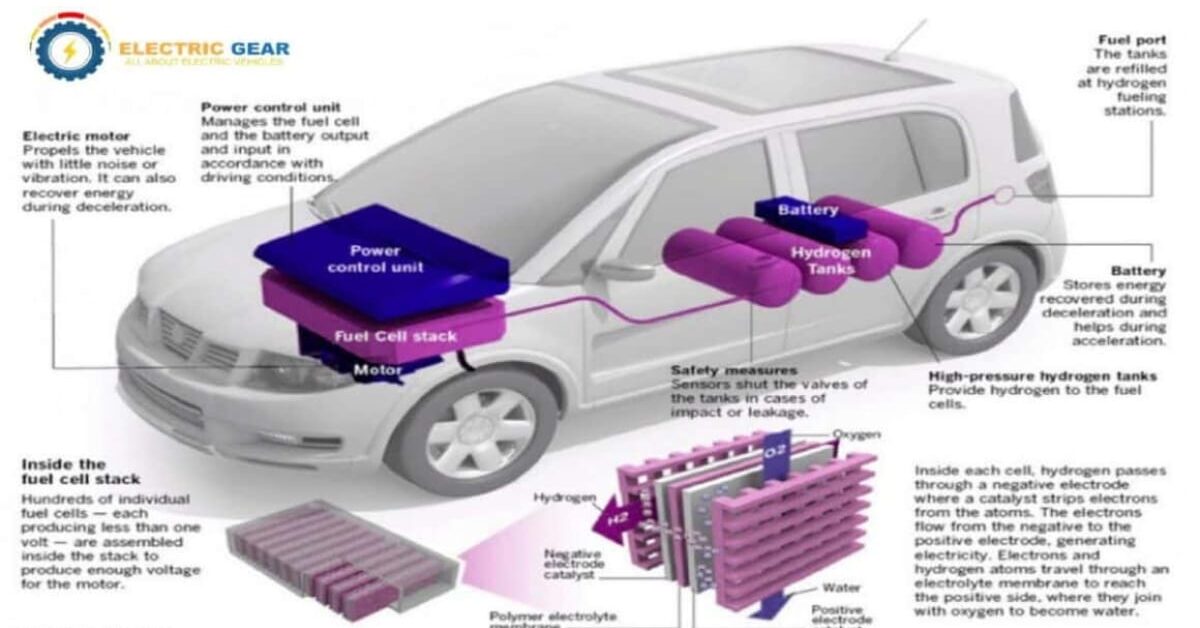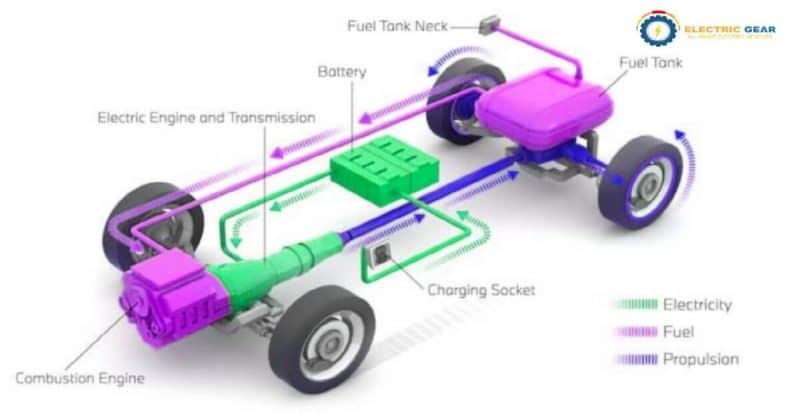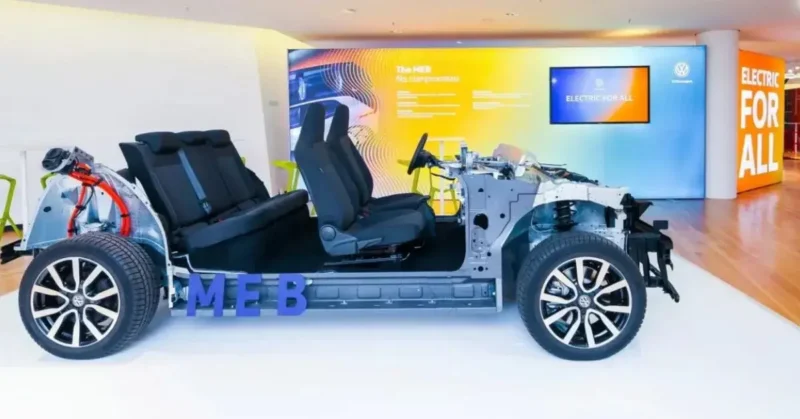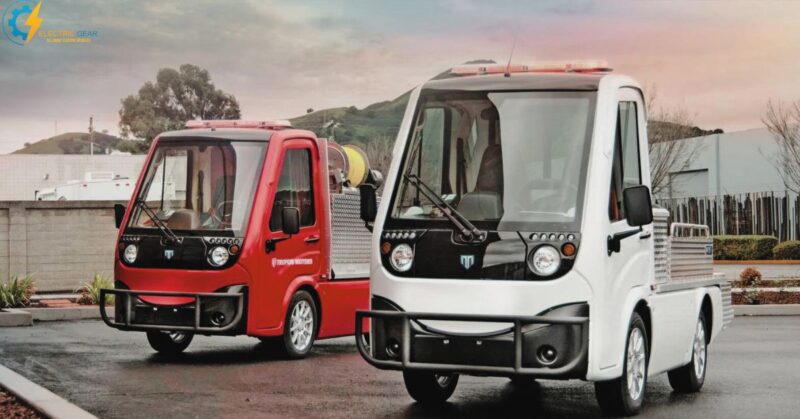Fuel cell electric vehicles (FCEVs) are powered by hydrogen fuel cells and are far more efficient than their conventional counterparts. They only emit water vapor and hot air and do not produce greenhouse gases, even in negligible quantities.
Polymer electrolyte membrane (PEM) fuel cell is the essential type used in these vehicles, and an electrolyte membrane remains between a negative and positive electrode.
Fuel Cell Electric Vehicle
These are believed to be environmentally friendly. However, the most popular method of producing liquid hydrogen emits a lot of CO2.
These vehicles are comparatively expensive compared to other contemporary cars, even though they are less known worldwide.
The average price for FCEVs (after including most state and federal tax incentives) is around $50,000, which is much more than most electric vehicles. For instance, Nissan Leaf, an electric car, is sold for only 28,000 US dollars.
Hyundai Nexo and Toyota Mirai are the only FCEVs currently available on the UK market. Since hydrogen cars are still a relatively new concept, there are only a few hydrogen refueling stations worldwide.
Pros of FCEVs
- Driving is quiet and refined.
- Less GHG emissions.
- FCEVs reduce dependency on oil.
- The hydrogen tank is filled in 3 to 4 minutes.
- It has a reasonable range of about 400 miles.
Cons of FCEVS
- Extraction of hydrogen is expensive
- Expensive to purchase the vehicle.
- Minimal infrastructure for recharging.
- More expensive per mile than alternatives.
- Storage of hydrogen is a challenging task.
- Its lacking infrastructure worldwide.
- There are some regulatory issues regarding FCEVs.
- It is highly flammable, so it needs high safety standards.

Imran is an experienced content writer who crafts engaging and informative articles for a variety of industries. With a keen eye for detail and a passion for storytelling, Imran delivers high-quality content that resonates with readers. Whether he’s writing blog posts, social media content, or website copy, Imran is committed to delivering compelling content that drives results.








